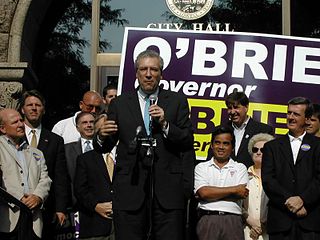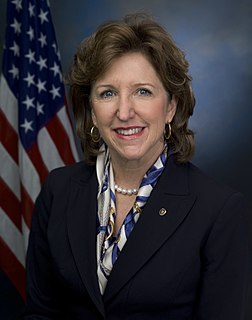A Quote by Chuka Umunna
We need to see many more people starting businesses and becoming their own boss, but the squeezed middle exists as much within this group as in the population at large as rising costs are hitting small businesses - who after all are consumers too.
Related Quotes
We also need to reduce corporate tax rates. This applies to small, medium and large businesses. At 35 percent, we have the second highest corporate rates in the world. It restricts the growth of small enterprises that need to plow capital back into their businesses and forces companies and jobs to move overseas.

































